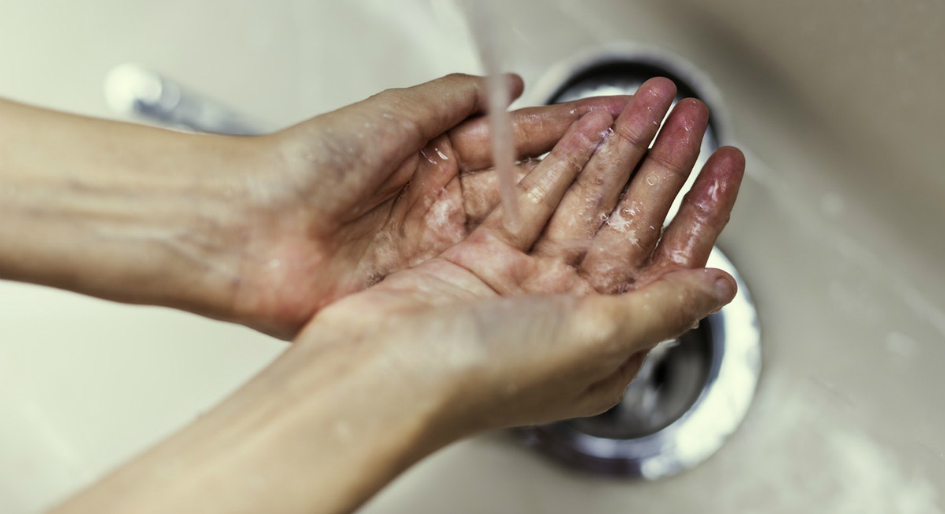The Bradley Corporation’s recently conducted its Healthy Hand Washing Survey in early April to examine the impacts of the coronavirus on U.S-based consumers’ hand hygiene behaviours and preferences, particularly in public restrooms.
Findings show that 91 per cent of Americans believe it’s extremely or somewhat important that public restrooms are equipped with touchless fixtures, while 60 per cent of respondents say that their preference for touchless hand washing fixtures has risen a great deal since the pandemic. Another 30 per cent say their preference has increased somewhat.
Another insight is the fact that Americans have reordered their priorities as to how facilities should improve their restrooms.
“Making everything touchless is now the most-requested improvement,” says Jon Dommisse, director of strategy and corporate development for Bradley Corp. “Just months ago in December 2019, the most desired upgrade was keeping restrooms cleaner and better stocked. In both cases, it’s clear that Americans have grown more adverse to germ hot-spots in restrooms.”
Germ concerns give new urgency to hand washing
Dommisse notes that 70 per cent are extremely or very concerned about contracting coronavirus, particularly millennials and baby boomers. Retail stores give Americans the most trepidation about coming into contact with germs, followed by hospitals/health care facilities, restaurants and workplaces.
The survey also shows how Americans have altered their hand washing habits, s 90 per cent say they are washing their hands more frequently or more thoroughly or longer; 78 per cent are washing their hands six or more times a day, only 37 per cent washed that often prior to the outbreak, and 77 per cent are washing their hands for at least 20 seconds.
“Undoubtedly, the COVID-19 outbreak has had a dramatic effect on Americans’ hand washing behaviour – and it appears those shifts will stick around for a while,” says Dommisse. “In fact, 88 per cent believe they are extremely or somewhat likely to maintain their increased hand washing regimen once the virus has passed.”








